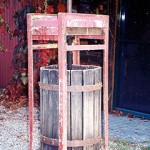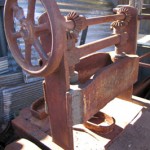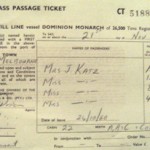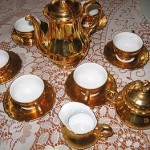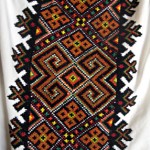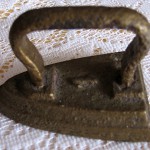Slovenian
Slovenia
Sydney
Stayed with relatives in Australia
My husband Niko worked at the Emmco factory and I was at the Occidental Hotel – both in Orange
My next job was at Emmco in Orange
Towards the end of WW2, when I was a young woman, my family, who had some Austrian blood, were deported from Slovenia . We were in Budapest [Hungary] for a while but eventually were sent to a displaced persons’ camp in Vienna [Austria]. From there we made our way back to the Slovenian border. There were two much younger siblings besides a brother and another sister nearer my age. Our family was reunited back in Slovenia but our parents and younger siblings migrated to Australia.
I married Niko and we later managed to get to Australia on visitors’ visas. When we wanted to stay, we had to pay £550, an enormous amount of money, we could have built a house for that. So we worked hard – Niko at Emmco and Cecilia at the Occidental Hotel, for five pounds a week.
My employer was a dragon of a woman who exploited me shamelessly, and I had to constantly remind her to pay me. This included cleaning up the hotel dining room on Christmas Day even though I was not supposed to be working. In the end Niko got me a better paid job at Emmco.
I found things hard, for three years I cried, and also encountered some racism, mainly consisting of name calling.
My father [Mr Jug] wasted no time in setting up a wine cellar under his garage. He also had an illegal still and used to make slivovicz and other spirits. First of all, an orchardist gave him apples so they made apple wine. Then someone on Forbes Road called Schmich allowed them to pick muscatel grapes. In the [Emmco] factory they had washing machines with rollers and he took damaged rollers and squeezed the grapes through the rollers. Underneath was a tin. Friends from Sydney would come up with trailers and take back large bottles of wine. My mother and I used to live in fear of the police finding out.
Emmco threw out waste fibreglass and this was collected by my father to insulate the house he built. He also used the wire from the backs of fridges to make a fence.
I remember some good times at dances and other social occasions at the ‘Dude Ranch’ (Commonwealth hostel in Orange).




